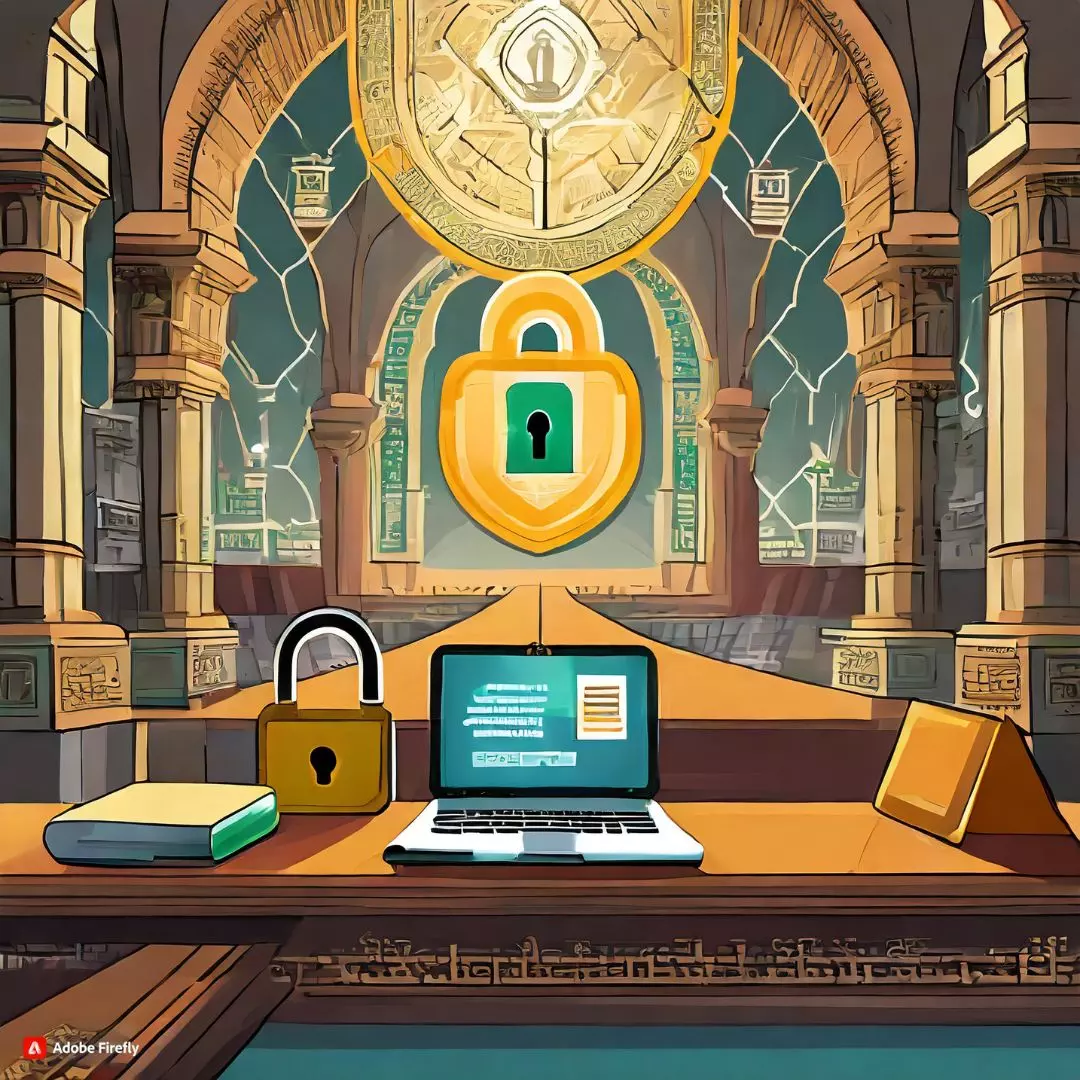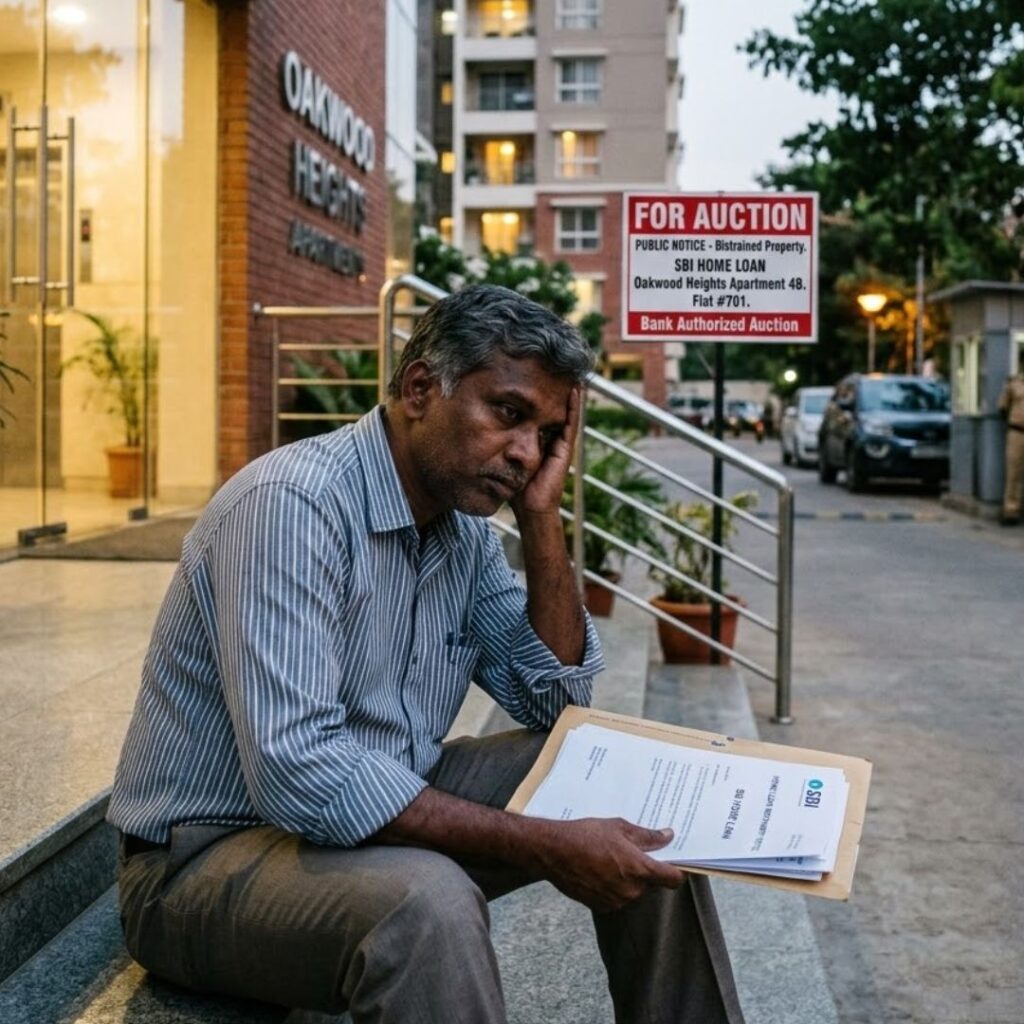In a significant ruling, the Delhi High Court has asserted that individuals accused in criminal cases cannot be compelled to disclose passwords for their electronic devices. This pronouncement came as the court granted bail to a person implicated in running call centers, allegedly involved in a 20-million USD fraud targeting US citizens.
Justice Saurabh Banerjee emphasized that while an accused is expected to cooperate with investigations, they cannot be forced to conform to the agency’s expectations, citing protection under Article 20(3) of the Constitution. This article safeguards individuals from self-incrimination, stating that no accused person can be compelled to be a witness against themselves.
The bail plea faced opposition from the Central Bureau of Investigation (CBI), contending that the accused, considered the mastermind behind the fraud scheme, needed to share device passwords for the ongoing investigation. The court, however, maintained that accused individuals, like the applicant in this case, are protected by constitutional rights and cannot be coerced into revealing sensitive information as reported by Deccan Herald.
“In the opinion of this court, any accused like the applicant herein is always very much expected to not only join investigation but also to participate therein, so as not to cause any hindrance to the ongoing investigation,” the court stated in its recent order.
The accused, associated with E-Sampark Softech Pvt. Ltd, allegedly orchestrated fraudulent calls to US citizens, impersonating government officials and extorting funds. The court’s bail decision, resting on a personal bond of Rs 2 lakh and one surety of the same amount, hinged on the completion of the investigation, filing of the charge sheet, and the limited chances of witness tampering.
The court underscored that, despite being named in the FIR, the accused maintains the status of a suspect until proven guilty, emphasizing the presumption of innocence until a final verdict is reached. The court argued that detaining the applicant, innocent until proven guilty, would infringe upon Article 21 of the Constitution, which guarantees the right to life and personal liberty.
As electronic evidence, including laptops and mobile phones, form the crux of the case, the court concluded that the accused’s prolonged detention would serve no fruitful purpose.
This ruling adds a layer of legal clarity regarding the rights of accused individuals during investigations and sets a precedent for protecting privacy and constitutional rights.
Also Read: Fuel Crisis Hits Western & Northern India As Truck Drivers Protest Against New Hit-And-Run Law











